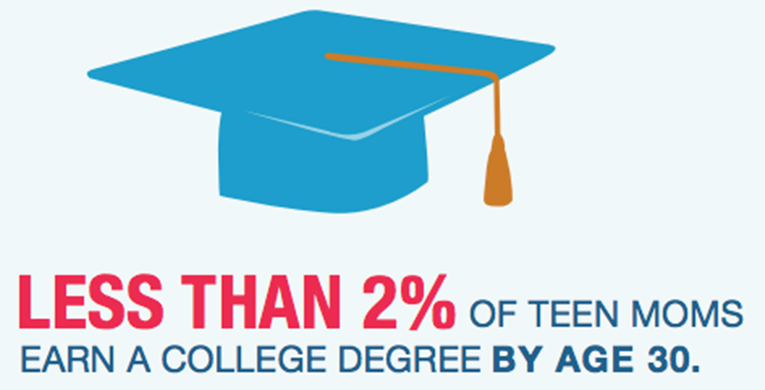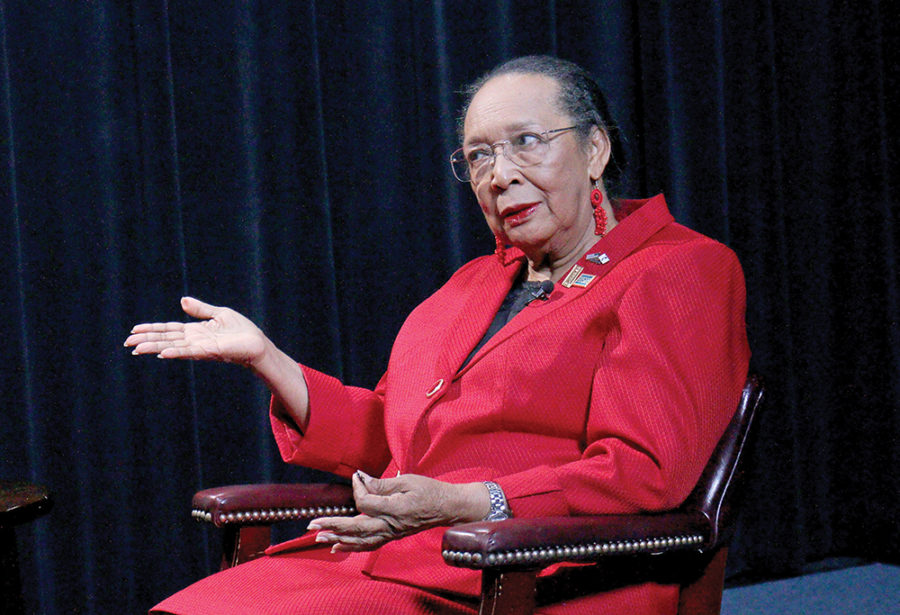
Required pregnancy prevention programs at community colleges and public universities could become a part of Mississippi’s future as a result of a bill passed by the Senate last week.
According to the United States Department of Health and Human Services, Mississippi had the second highest teen birth rate in the nation among females between 15 and 19 years old in 2011.
The bill was sponsored by Republican Sen. Sally Doty of Brookhaven. In a report from the Associated Press, Doty said 5,644 teen pregnancies occurred in the state in 2012.
The bill, which will move to the House, would challenge higher education institutions to research methods of preventing unplanned pregnancies among unmarried 18 and 19 year olds.
“There can never be enough education on the topic of sexual health,” said Sarah West, an abstinence advocate and crisis counselor at The Center for Pregnancy Choices in Laurel, Miss. “Teens and adults alike may be taught the fundamentals of sexual health, but are rarely educated on the importance of boundaries in relationships and with themselves.”
West believes discussing the fundamentals is important. “We need to address and educate on the complexity of the human being and that we are not only physical, but need to have emotional, mental and spiritual balance,” she said.
Democratic Sen. Hob Bryan of Amory told the Associated Press that the bill does not offer an adequate solution to the problem. Bryan said the focus should be aimed toward public education and Medicaid expansion.
“It is amazing how little some children know about reproduction,” Bryan said.
Kaisha Brown, a student at The University of Southern Mississippi, said the problem should be addressed earlier in the education process than college.
“I don’t think by making the pregnancy prevention programs a requirement will actually reduce college students from having sex because by the time they come to college, majority of students feel as if they already know everything,” she said. “It may help some students, but at the end of the day, majority will probably ignore it.”
In regards to the pregnancy rate among teens in Mississippi, Brown said children should be made aware of sex.
“I think by (implementing) sex education programs around eighth grade, it will teach the students not to have sex,” she said. “And even if they do decide to have it, it will teach them how to be careful.”
According to a feature report on the Centers for Disease Control and Prevention’s official website, pregnancy during the teen years can change the lives and futures of the mother, father, child and their families.
It also said repeat teen births—two or more pregnancies ending in a live birth before age 20—can limit the mother’s ability to finish her education or get a job.
If the House approves the bill, program proposals will be researched by November.
DoSomething.org reports that three in 10 U.S. girls will get pregnant at least once before they turn 20 years old. This sums up to nearly 800,000 teen pregnancies yearly.




































